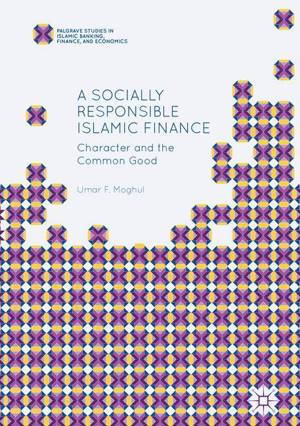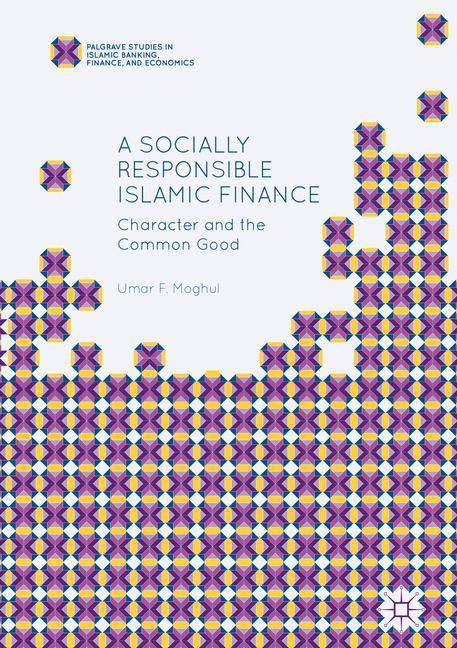
- Afhalen na 1 uur in een winkel met voorraad
- Gratis thuislevering in België vanaf € 30
- Ruim aanbod met 7 miljoen producten
- Afhalen na 1 uur in een winkel met voorraad
- Gratis thuislevering in België vanaf € 30
- Ruim aanbod met 7 miljoen producten
Zoeken
€ 145,19
+ 290 punten
Omschrijving
This book explores how, through spirituality and the development of character, Islamic financial institutions and Muslim communities can integrate their businesses with contemporary social responsibility initiatives to produce positive social and environmental impact. From the looming environmental crisis to the divide between mainstream and extremist interpretations of Islam, the book addresses significant questions facing Muslim communities - and humanity - and demonstrates why Islam should sit 'at the table' with other faiths and ethical traditions discussing humanity's great obstacles. Unlike existing literature, this work explores the intersections between classical Islamic ethics and spirituality, contemporary Islamic finance and economic markets, and select sustainability and impact initiatives (such as the Equator Principles and UN Principles of Responsible Investment) designed to make the worlds of business and finance responsible for the environments in which they operate and the communities that support them. Drawing on his years of experience in Islamic banking, Moghul addresses these applications in light of real-world practices and dilemmas, demonstrating how Islamic organizations and Muslim communities should embrace the broad range of stakeholders countenanced by the Shari'ah in conversations that affect them. By situating his exploration of Islamic finance in the light of the much larger critical issues of balance, justice, and moderation in Islamic praxis, Moghul creates an interdisciplinary book that will appeal to academics and researchers in economics, finance, business, government and policy, and law.
Specificaties
Betrokkenen
- Auteur(s):
- Uitgeverij:
Inhoud
- Aantal bladzijden:
- 315
- Taal:
- Engels
- Reeks:
Eigenschappen
- Productcode (EAN):
- 9783319488400
- Verschijningsdatum:
- 17/02/2017
- Uitvoering:
- Hardcover
- Afmetingen:
- 148 mm x 21 mm
- Gewicht:
- 540 g

Alleen bij Standaard Boekhandel
+ 290 punten op je klantenkaart van Standaard Boekhandel
Beoordelingen
We publiceren alleen reviews die voldoen aan de voorwaarden voor reviews. Bekijk onze voorwaarden voor reviews.







